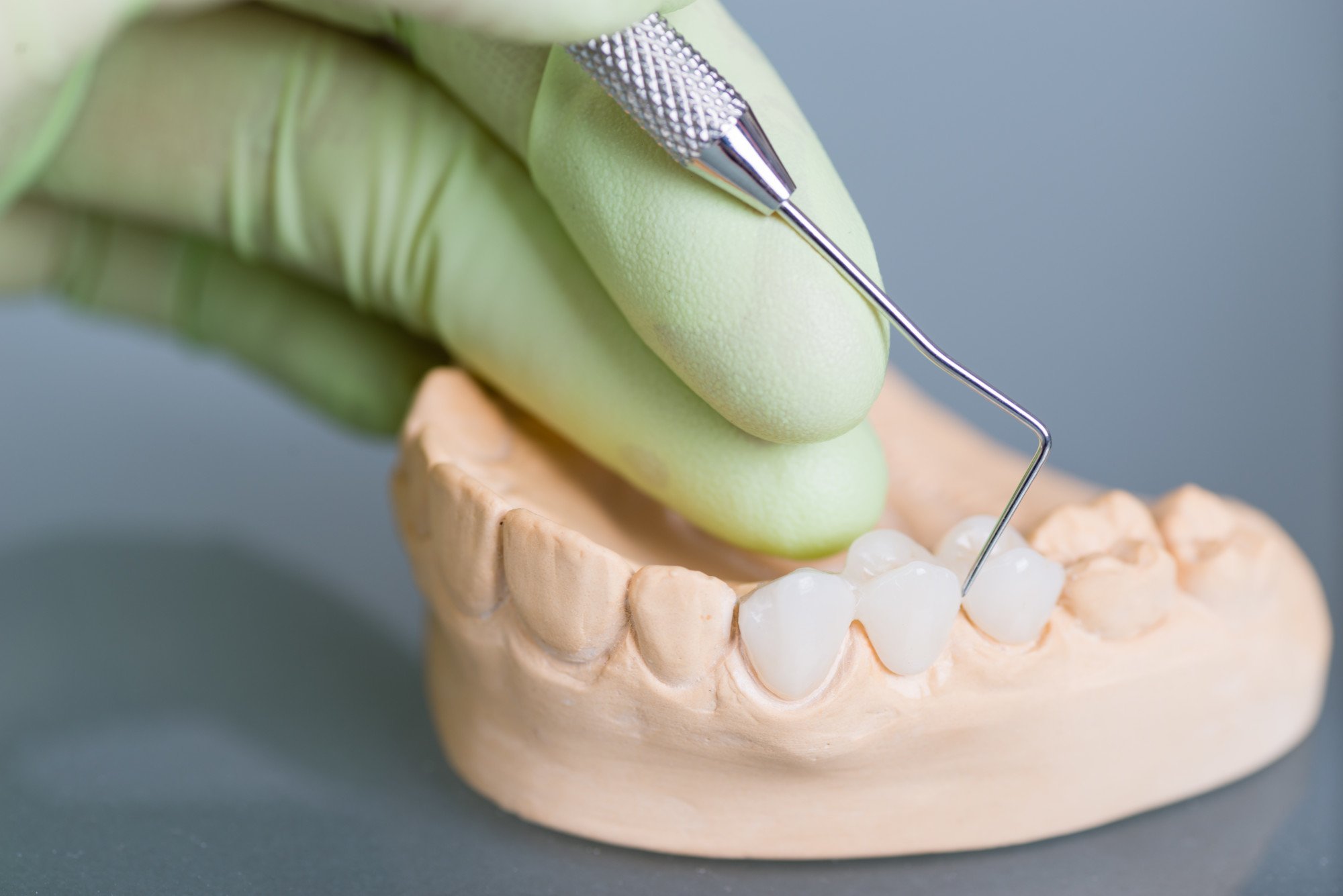
If you have decided to get sober and committed to staying that way, fantastic!
But if you have tried for sobriety before and have relapsed, don’t let that throw you off course just yet!
Any lapse in sobriety doesn’t have to be permanent. Recovering from relapse is often more accessible than the first time. All you need is a support system, a good understanding of addiction, and an open mind.
Read on to learn some techniques on how to stay committed to sobriety.
Develop Good Habits
Establishing a healthy sleep routine can help avoid the temptation to drink. Additionally, participating in yoga, exercise, and hiking activities can help keep your mind and body focused on sobriety while providing healthy outlets to replace alcohol.
Create a support system of friends and family who can provide emotional support and encourage you to focus on your goals. Participate in group and individual therapeutic sessions to understand the underlying reasons for abuse to prevent relapse in the future.
Consider the good things sobriety can bring to your life, and find different ways to cope. Developing good habits has a lasting and positive effect on your sobriety and concrete steps toward recovery.
Tap Into Your Support System
This could be your family, a favorite hobby, religion, or a desire to stay healthy. Create a list of individuals and activities that inspire and can contribute to your recovery journey. Your support system can help you remain encouraged, even on difficult days.
Reach out to loved ones and attend a spiritual or community meeting. Connecting with your support system can help build positive relationships and provide valuable advice.
Seek Professional Help
Therapists can help you cope with cravings and stress and identify triggers leading to relapse. They can also support developing new coping mechanisms and getting involved in therapeutic activities or support groups.
Finding a counselor or therapist who specializes in addiction recovery and is experienced in helping individuals establish and maintain sobriety can be beneficial.
Have a Plan for Triggers
It is essential to identify your triggers to prepare in advance for managing them. It is helpful to talk to your support network about your triggers and plan ways to address them if they arise.
Taking proactive steps to ensure your triggers don’t sabotage your recovery is essential to staying sober living. Having a plan and understanding the tools available to help you through tricky times can strengthen your commitment.
Play a NA Medallion
This piece of jewelry is a constant reminder of the sobriety commitment. It is a symbol of strength when temptations away from sobriety are encountered.
These items are meant to be worn daily and taken out of sight only for showering or sleeping. These positive visual reminders of sobriety can help provide focus when resisting temptation.
Overall, wearing narcotics anonymous medallions is a great way to stay committed to sobriety. This is a potent reminder that sobriety is a process that requires consistent effort.
Follow This Guide on How to Stay Committed to Sobriety
How to stay committed to sobriety? No matter how you tackle sobriety, remember to take each day at a time and not be too hard on yourself. With resilience and dedication, the rewards of sobriety can be life-changing.
Did you find this article interesting? Check out the rest of our site for more.





